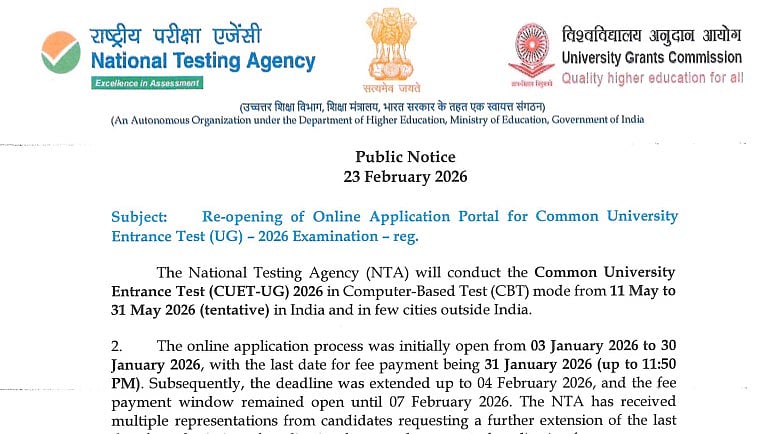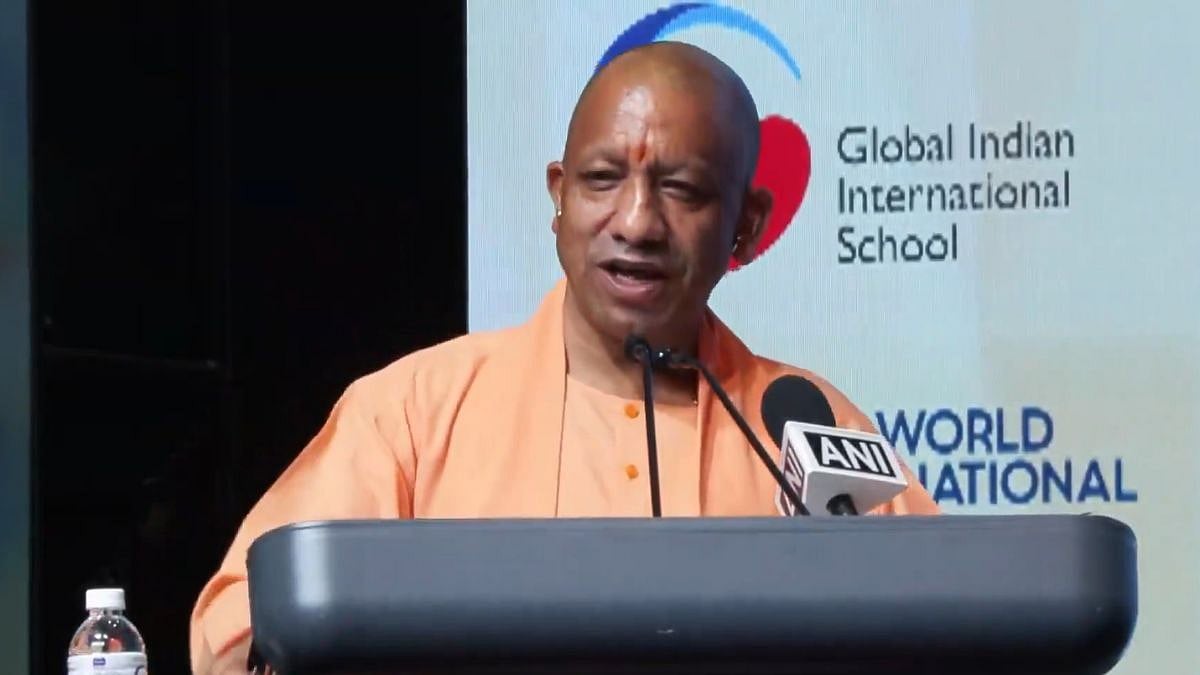New Delhi: Prime Minister Narendra Modi on Wednesday made his strongest pitch for privatisation of non-strategic PSUs, saying the government has no business to be in business.
He reasoned that sustaining loss-making units was a drain on the exchequer and the tax payers' money should rather be spent on public welfare schemes.
He said about 100 under-utilised or unutilised assets with public sector units (PSUs), such as those in the oil and gas and power sectors, will be monetised, creating Rs 2.5 lakh crore of investment opportunities.
"It is the government's duty to support enterprises and businesses. But it is not essential that it should own and run enterprises," the Prime Minister said at a webinar on the privatisation approach in the Budget for 2021-22.
The private sector brings in investment, the best global practices, top quality managers, changes in work ethic and modernisation, he said, adding the money generated from the stake sales will be routed to public welfare schemes in areas like water and sanitation, education and healthcare.
Modi said his government is committed to privatising all PSUs, barring those in four strategic sectors -- atomic energy, space and defence; transport and telecommunications; power, petroleum, coal and other minerals; and banking, insurance and financial services, where the government will retain a bare minimum presence.
"The government has no business to be in the business," he said. "Modernise and monetise is the motto we will follow." Modi also said to speed up the disinvestment process, an empowered group of secretaries has been set up to settle investor issues.
The Prime Minister further said the current reforms seek to ensure that public funds are used efficiently.
Stating that PSUs are valuable assets that have helped the country in the past and have huge potential in future, he said the best global practices for proper price discovery and stakeholder mapping will be followed in the privatisation drive.
"Implementation is also important. To ensure transparency and competition, our processes should be right.
"To ensure this, a clear roadmap for proper price discovery and stakeholder mapping has to be followed. We will have to learn from the best global practices. We will have to see that the decision that is being taken helps in the growth of that sector along with public welfare," he said.
Modi, who has in recent speeches underscored the importance of the private sector in building the economy, said the Budget for the fiscal year beginning April 1 has provided a clear roadmap for putting India on a high-growth trajectory again with a focus on private sector partnership.
The Prime Minister said state-owned firms were founded decades back when the Indian economy's needs and national priorities were different.
The policies that were right 50-60 years back, need improvement in today's changed circumstances, he said, adding the focus of the reforms is on putting pubic money to its best use.
But there are public sector enterprises that are loss making and subsist only on taxpayers' money, he said. "The money which is the right of the poor and the right of youth is spent on these enterprises and hence this is burdensome on the economy." "A PSU should not be run only because it is a legacy (enterprise) or because it is someone's pet project. If the public sector enterprise (PSE) is meeting the needs of any specific or important sector or has strategic importance, I can then understand it but not otherwise," he said. "Government focus should be on public welfare. When governments start to do business, it sometimes also leads to losses." Running companies not only drains financial resources but also diverts human resources which otherwise could have been utilised for the administration of the country, he said.
Pitching India as an investment destination, he said the country is now one market with one tax rate; it has easier entry-exit norms for companies and a simplified tax system; compliances, too, are being eased.
"This is the time to start a new phase in India's economic growth," he added.




